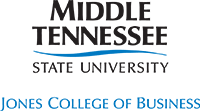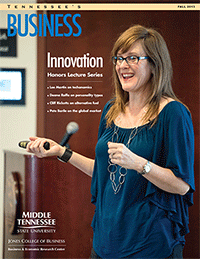Techonomics: The Impact of Technology on Society
Techonomics, the theory of organizational evolution, parallels Darwin's theory of organic evolution.Have you ever wondered what are the forces behind globalization, mass customization, just-in-time delivery, virtual companies, and perfect information? Would you like to have the ability to spot and capitalize on economic trends before they reach the masses? Do you realize that throughout history, military development of technology has been the leading indicator of future commercial applications? Techonomics explains the significant relationship between technology, economy, and organizations, providing a worldview for understanding and navigating the rapidly advancing world. Techonomics, the theory of organizational evolution, parallels Darwin's theory of organic evolution. Technological best practices tested by free-market competition determine successful organizations, as favorable mutations in a competitive natural environment select the fittest organisms. This techonomic mindset provides a platform for observing the rapid changes in our economy and insight into the wise deployment of limited resources.
Organizational balance in four performance foundations — capital, communications, computations and community — is key to success. Exponential technology advancements are profoundly impacting these foundations. A method of tracking progress and improvement, the techonomic metric based on measuring both technology performance and economic cost provides a tool to consistently monitor advancement of any endeavor. Three contemporary trends that are forcefully driving organizations in the 21st century are the first three laws of techonomics. These form the basis of the emerging operational business models used by such successful companies as Dell and WalMart and are based on
* H. Lee Martin wrote Techonomics: The Theory of Industrial Evolution. A member of the MTSU University Honors College Board of Visitors, he and his brother, Paul W. Martin Jr., provided the challenge dollars that made the college's building a reality. A successful entrepreneur, he holds 20 U.S. patents and has received two Research and Development R&D 100 awards for innovation in product design. His company that created technology for virtual Internet home tours went public on the NASDAQ. A clinical professor at the University of Tennessee Knoxville, Martin created and heads the Engineering Entrepreneurship Minor curriculum. |
|
 H. Lee Martin of the University of Tennessee talked about the impact of rapidly changing technology and speed of business and product delivery.
H. Lee Martin of the University of Tennessee talked about the impact of rapidly changing technology and speed of business and product delivery.
